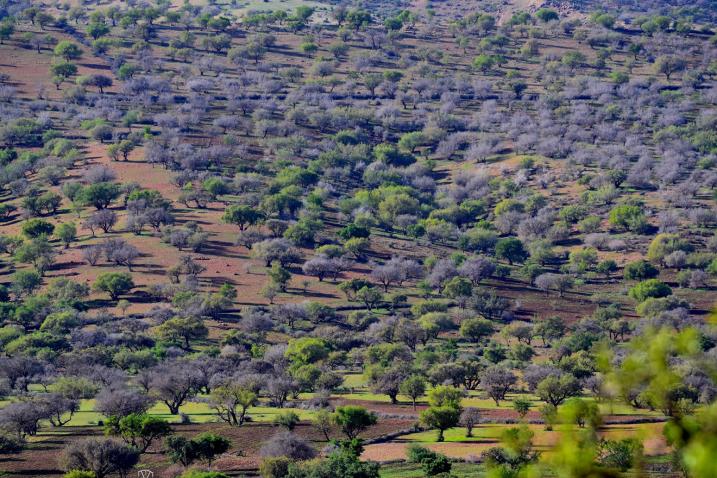Rhino populations are particularly affected by the scourge of climate change. Mostly living in southern Africa, white and black rhinos are animals already suffering from poaching and trafficking. However, they are now protected by laws enacted by local governments. Nonetheless, they cannot escape the harmful effects of climate change that plagues forested areas below the equatorial line. The heat tolerance of these animals is thus severely tested. Despite their massive bodies, thick skin, and impressive musculature, they cannot withstand extreme climatic fluctuations (Source: UMASS).
According to an article in the journal Biodiversity, researchers from the University of Massachusetts announce that if the heat continues to rise—likely reaching a minimum of 2.4°C—the African rhino population will simply go extinct due to climate change. Indeed, according to the same researchers, the temperature in these areas will increase by 4.6°C by 2085. This alarming situation has prompted them to think and propose recommendations to be implemented by local governments, such as planning rhino migration, increasing regional water reserves, and maximizing forest cover, particularly through reforestation efforts.




